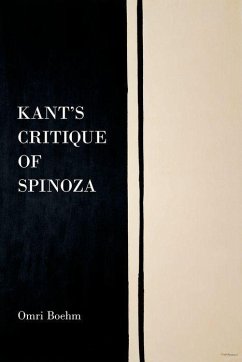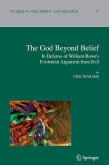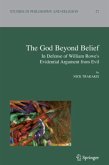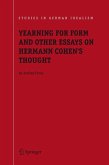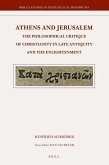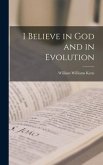Contemporary philosophers frequently assume that Kant never seriously engaged with Spinoza or Spinozism-certainly not before the break of Der Pantheismusstreit, or within the Critique of Pure Reason. Offering an alternative reading of key pre-critical texts and to some of the Critique's most central chapters, Omri Boehm challenges this common assumption. He argues that Kant not only is committed to Spinozism in early essays such as "The One Possible Basis" and "New Elucidation," but also takes up Spinozist metaphysics as Transcendental Realism's most consistent form in the Critique of Pure Reason. The success - or failure - of Kant's critical projects must be evaluated in this light. Boehm here examines The Antinomies alongside Spinoza's Substance Monism and his theory of freedom. Similarly, he analyzes the refutation of the Ontological Argument in parallel with Spinoza's Causa-sui. More generally, Boehm places the Critique of Pure Reason's separation of Thought from Being and Is from Ought in dialogue with the Ethics' collapse of Being, Is and Ought into Thought.
Hinweis: Dieser Artikel kann nur an eine deutsche Lieferadresse ausgeliefert werden.
Hinweis: Dieser Artikel kann nur an eine deutsche Lieferadresse ausgeliefert werden.

